Assessing the Healthy Food Partnership’s Nutrient Reformulation Targets in Australia
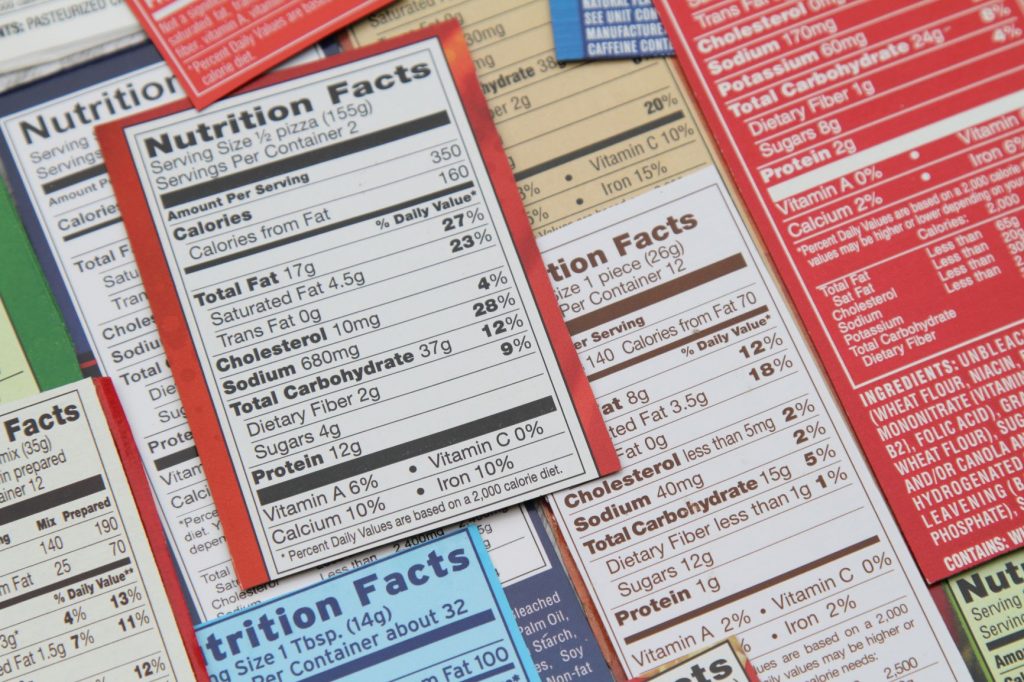
Published in Nutrients, Rosewarne et al conducted a comparison study to assess whether the Healthy Food Partnership’s (HFP) proposed reformulation targets for 36 food categories, aiming to improve the overall quality of the food supply, were feasible and appropriate or whether more stringent targets were feasible. Using FoodSwitch as the nutrient composition database, a total […]
Progress on Sodium Reduction in South Korea
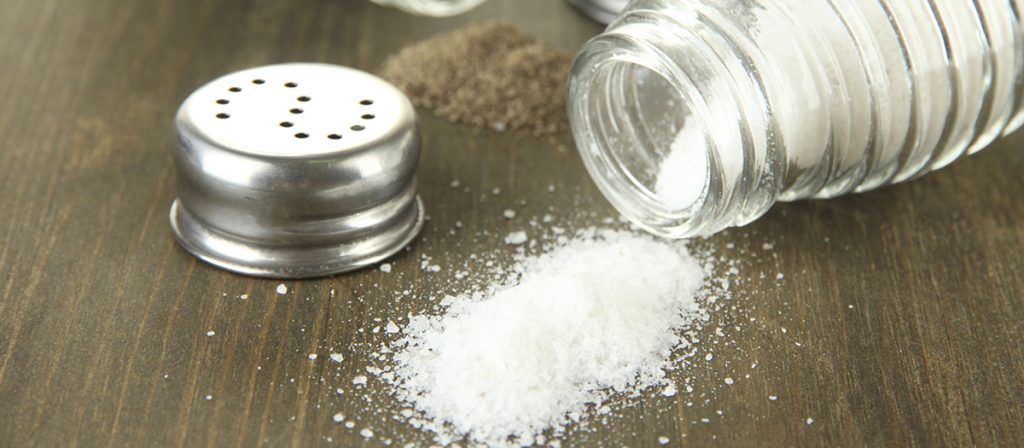
A study recently published by Hye-Kyung Park et al has reviewed sodium reduction progress in South Korea. A National Plan to Reduce Sodium Intake was implemented in South Korea in 2012, this plan has the aim of reducing population sodium intake by 20% by 2020 (3,900 mg/d) by a range of intervention activities including; consumer […]
Salt-Related Knowledge, Attitudes and Behaviours (KABs) following a 22-Month Consumer Awareness Campaign

Grimes et al conducted a repeated online cross-sectional survey to assess whether salt-related knowledge, attitudes and behaviours (KABs) of adults aged between 18-65 years in the Australian state of Victoria changed following the first 22 months of a consumer awareness campaign targeting parents. The 37-item questionnaire assessed participants’ demographic characteristics and salt-related KABs. It found […]
Consumption frequency of energy dense salty food is associated with diastolic hypertension in children

Published in Nutrients, Gloria Perez-Gimeno et al conducted a case control study in 687 Spanish children between 5 and 16 years old to investigate the association between the consumption frequency (CF) of energy-dense salty foods (EDSF), high-sugary foods (HSF), sugar-sweetened beverages (SSB) and the Dietary Approach to Stop Hypertension (DASH) score and high blood pressure; […]
High sodium intake and low potassium intake in China
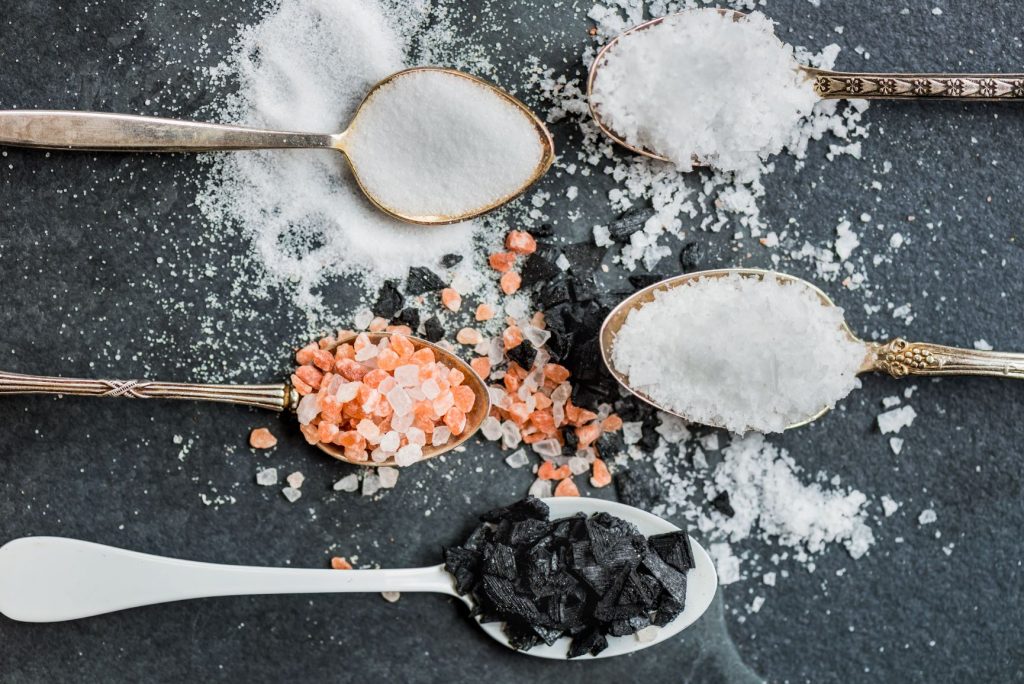
A study by Shufa Du et al has found that sodium intakes remain high, and potassium intakes remain low in China. Authors utilised data on 29,926 adults from the China Health and Nutrition Survey and compared data from 1991 and 2015. Intakes of sodium and potassium from these surveys are estimated from 24-hr diet recalls. […]
A dose-response: reduction of blood pressure by restricting dietary sodium intake
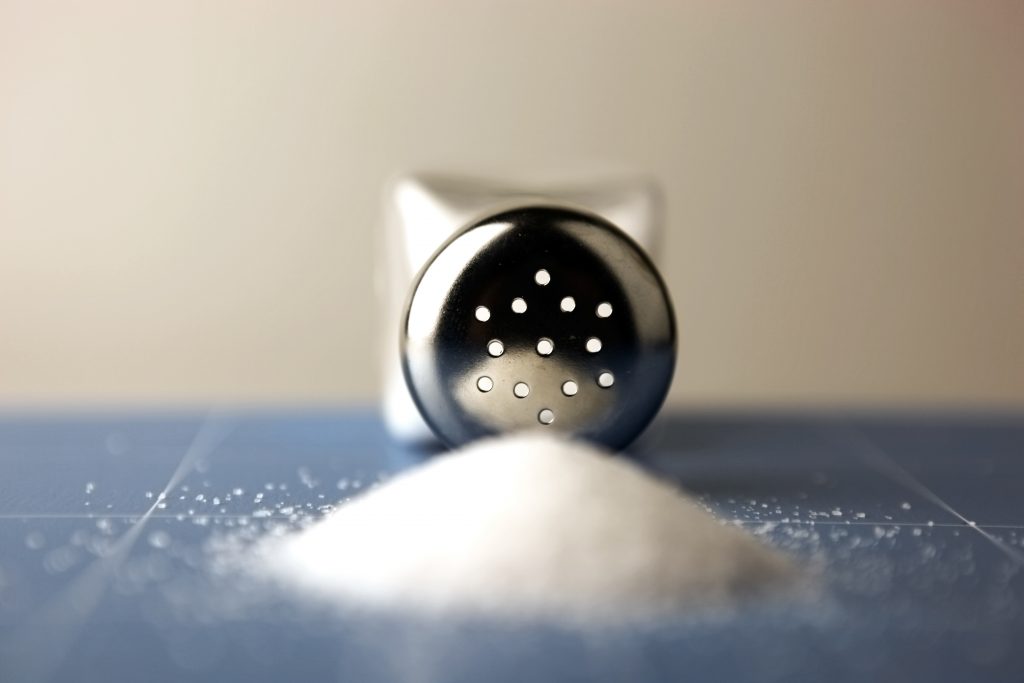
Huang et al conducted systematic review and meta-analysis published in British Medical Journal that examines the dose-response relationship between a reduction in dietary sodium and change in BP. Measured using the gold standard, each 50mmol reduction in 24-hour sodium excretion was associated with a 1.10 mm Hg reduction in SBP and a 0.33 mm Hg […]
High blood pressure doubles risk of death from COVID-19

Gao et al conducted a retrospective observational study examining the increased risk of death caused by COVID-19 in China in hypertensive patients. Researchers from China and Ireland analysed data from 2899 COVID-19 patients in Xijing Hospital, China, between the 5th of February and 15th of March. After adjusting for confounding factors, they found a 2.12-fold […]
FoodSwitch: State of the Fast Food Supply

A survey on the state of the fast food supply in Australia by The George Institute for Global Health found 60 out of 144 fast food combo meals exceeded sodium targets; 23 of these were from Red Rooster and 18 from Hungry Jacks. The sodium targets were benchmarked per serving against the Australian Government’s Suggested […]
Farewell, Clare Farrand!

After four and a half years of working with us as Senior Project Manager and Public Health Nutritionist at The WHO Collaborating Centre on Population Salt Reduction, Clare Farrand has moved to WHO EURO to support work on salt reduction. Clare travelled to Sydney to join the George Institute for Global Health in June 2015, […]
No reduction of salt intake in the UK during 2014 to 2018
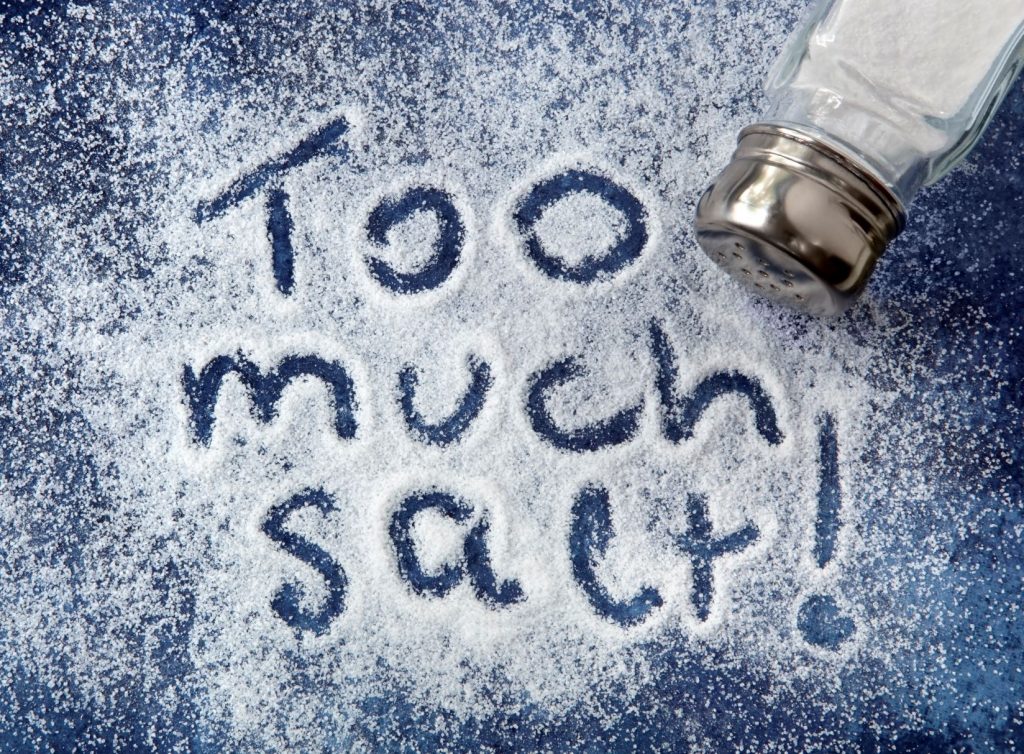
A new report from Public Health England has demonstrated that there has been no further reduction in salt intake in England from 2014 to 2018. Prepared by Robert Ashford et al, the report used the gold standard measurement of 24-hour sodium excretion and showed that the mean salt intake in adults aged 19 to 64 […]